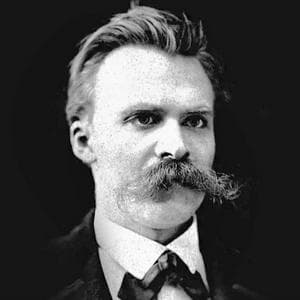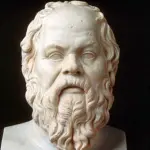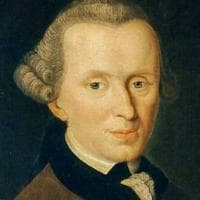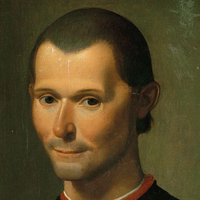Friedrich Wilhelm Joseph von Schelling MBTI性格类型
性格
"Friedrich Wilhelm Joseph von Schelling是什么人格? Friedrich Wilhelm Joseph von Schelling是MBTI中的INFJ人格类型,九型中的 - sx/sp - 541,五大类型中的RLOAI,Socionics中LII类型。"
I feel myself bounded to change my very first vote on this website. I typed him INFP at first to distinguish him from Fichte, who was the most typical INFJ for me. But his writings were so logical and speculative, dealing with abstract concepts in an ethereal way that he could not have an inferior thinking function. He was a huge Ni - Ti user with blind Te, making his arguments somehow self-closed and alien to empiricist mindsets of Anglo-Saxony people and winning him a reputation of a romanticist. But indeed he was an ultimate rationalist who demanded universal validity in his philosophy throughout his life. (It is striking that he had a lifespan of 79 years while published his last work at the age of 34.) Neither he nor Fichte was a 5 core. His Naturphilosophie (something I cannot understand, admittedly) was aiming at explaining the nature as unexcited spirit and thus transcend the opposition of these two: something fitting into 9's desire for an inner peace. Fichte was a 4 core with strong 3 wing and thus was more pugnacious than him. As for Socionics, he was very mild, idealistic and scientifically systematic and rigorous. I believe LII (Ti base, Se PoLR, Te not valued) fits him best despite the biased portrayal of him as an ILI mystic.
背景
Friedrich Wilhelm Joseph Schelling (27 January 1775 – 20 August 1854), later (after 1812) von Schelling, was a German philosopher. Standard histories of philosophy make him the midpoint in the development of German idealism, situating him between Johann Gottlieb Fichte, his mentor in his early years, and Georg Wilhelm Friedrich Hegel, his one-time university roommate, early friend, and later rival. Interpreting Schelling's philosophy is regarded as difficult because of its evolving nature. Schelling's thought in the large has been neglected, especially in the English-speaking world. An important factor in this was the ascendancy of Hegel, whose mature works portray Schelling as a mere footnote in the development of idealism. Schelling's Naturphilosophie also has been attacked by scientists for its tendency to analogize and lack of empirical orientation. However, some later philosophers have shown interest in re-examining Schelling's body of work.
相关人物

Friedrich Nietzsche

Socrates

Arthur Schopenhauer

Karl Marx

Albert Camus

Immanuel Kant

Niccolò Machiavelli

Diogenes
